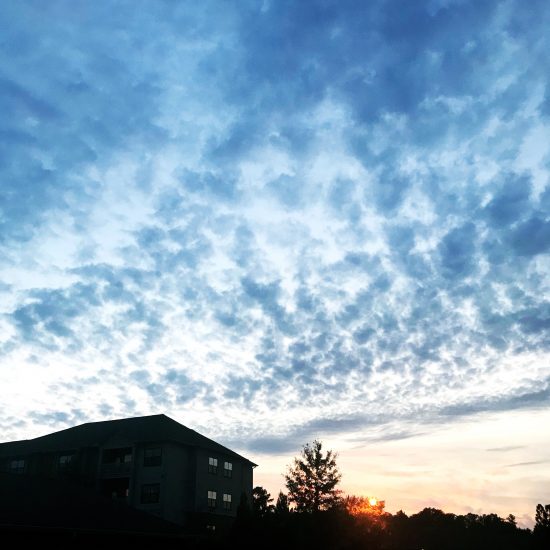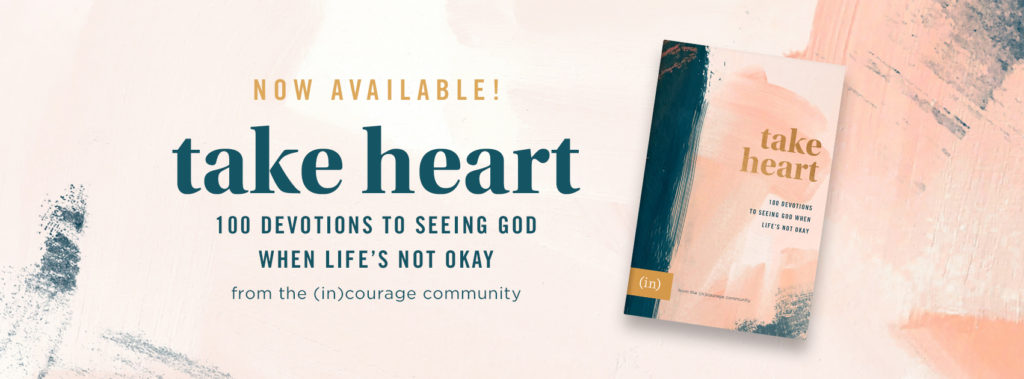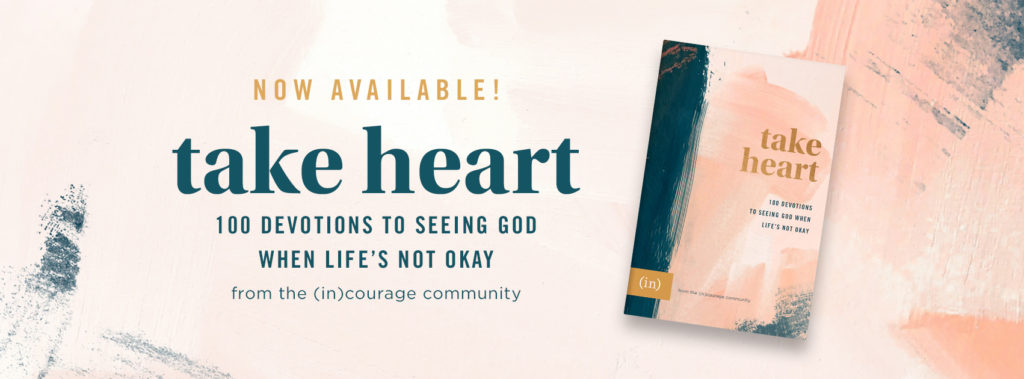I’ve been asking God where He is.
On Sunday, my church family sang these words: I am chosen, not forsaken. I am who You say I am. You are for me, not against me. I am who You say I am.
I hung my head and raised my hands and wondered if faith sometimes looks like singing through the sadness, like coming empty but showing up anyway.
Although there have been lessons worth learning along the way, this summer has felt much more like the wilderness than the Promised Land. I have more questions than answers, and my hands hold more unknowns than certainties. But somewhere in the desert, somewhere in between what once was and what will be, I’ve started to ask a familiar question in a new way.
There’s an old note on my phone from nearly four years ago, several rambling sentences about John 11 and Mary’s short, honest, and vulnerable question. For years, this familiar story has continued to draw me in, leading me back to her words. I’ve read the story over and over again, wondering what I was missing, why I couldn’t get away from her question.
In the middle of her deep sadness and disappointment, frustration and confusion, Jesus comes and Mary asks, “Where were You?” In other words, Why didn’t You come sooner? Why didn’t You change this, prevent this, fix this, heal this? Where were You when I needed You?
I’ve said those things. I’ve wondered where He went and why His timeline differs so greatly from my own. I’ve walked laps around hospital hallways, and I’ve been the one wheeled into an operating room. I’ve said heartbreaking goodbyes, struggled with singleness, wrestled in the dark through night terrors, and fought against the message He gave me to share.
I’ve asked why.
I recently went back to John 11, this time reading the story aloud. Once. Twice. And then I heard it, my own voice reading “Where were You?” in a different tone. Still desperate, but eager. Still confused, but hopeful and expectant. Could it be?
Maybe, instead of pointing a finger, Mary was looking for fingerprints.
What if we said those same three words not as an accusation, but as a hope-full question, asking Him to reveal to us where He was in the middle of the mess?
Where were You, Lord? I believe that You never truly left. You were always here, right here, present and faithful and good. Show me Your fingerprints. Give me eyes to see the thread of Your goodness running through.
I’ve asked why plenty of times. Now, I’m learning instead to ask where.
When I look back over the story He’s given me, flip through the pages and consider the chapters I’ve lived, there’s one constant running through: His presence.
He’s the pillar of cloud in the day, leading the way as a Guide through the wilderness. When night falls and darkness closes in, He’s the pillar of fire lighting up the sky. He’s the God who comes near and stays close, who sits with us in our sadness and comforts us with His love. He’s the provider of manna and mercy each and every morning, always enough for whatever the day may bring.
He’s with us in the big and the small, leaving His fingerprints on every page of the story, forever reminding us: Remember My goodness here. Look around. Do you see Me? I’ll hang the clouds in the sky and fling stars into the velvet night all so that you remember in both daylight and darkness, I’m with you always.
When I look back on each season, I see a thousand reasons to believe that He really can work all things for good. This is my story and my song, and so I’m asking, “Where were You?” even as I look for fingerprints. I’m trusting that He isn’t done working and declaring that as I’m waiting, I’ll keep on watching. He’s already here, present and good, faithful and kind in every valley and on every mountaintop and every step in between.






